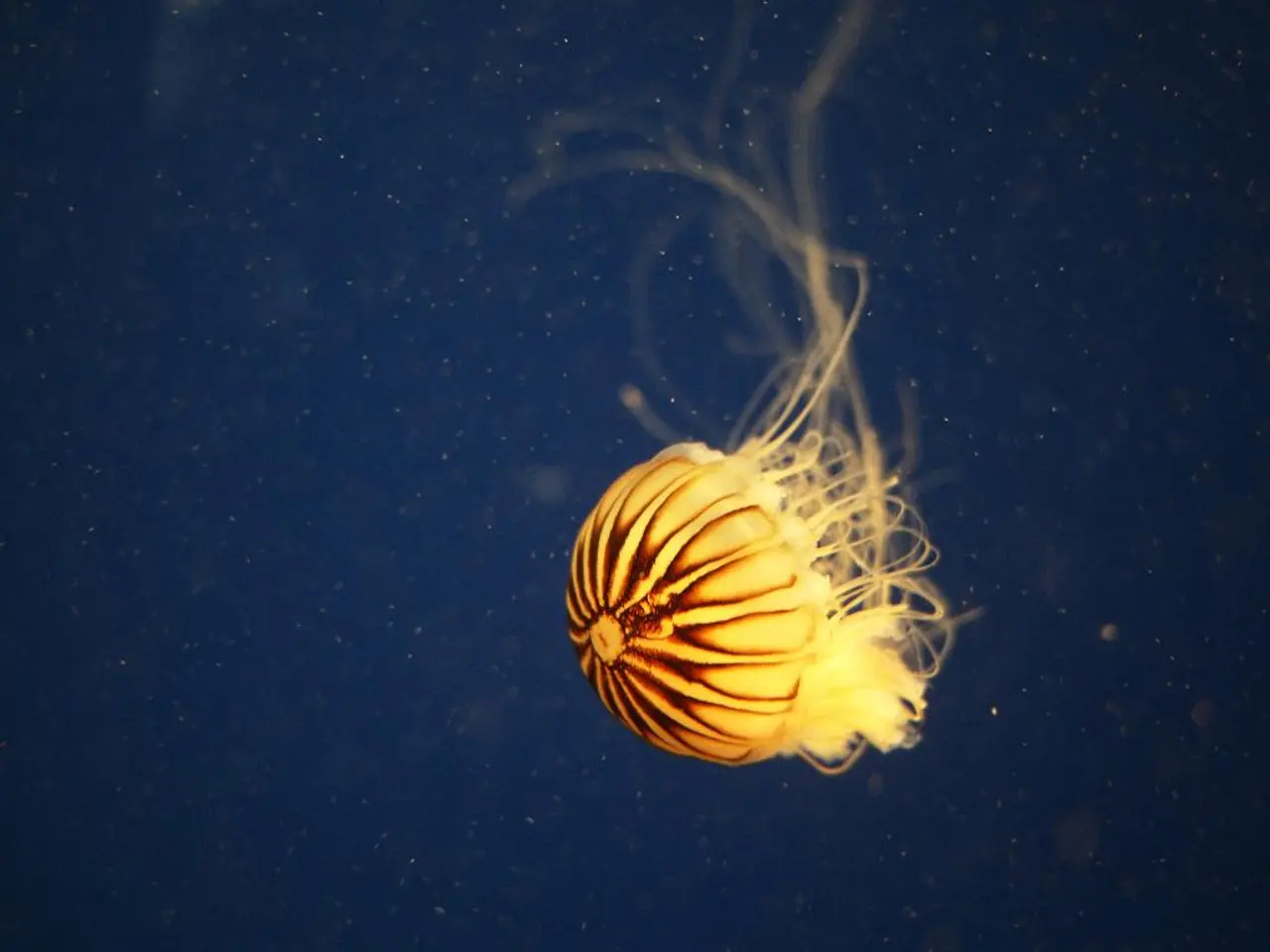Deadly cases of the brain-consuming amoeba reach 19 in Kerala; learn symptoms, dangers, and treatment options
In recent weeks, Kerala has been grappling with a serious public health challenge due to a spike in cases of Primary Amoebic Meningoencephalitis (PAM), a rare but deadly brain infection. This year alone, the state has reported 61 confirmed cases and 19 deaths, a significant increase from previous years.
Unlike last year, the cases of PAM are appearing sporadically across the state, not linked to clusters in specific districts. This unusual spread has raised concerns among health officials.
PAM is caused by Naegleria fowleri, commonly known as the 'brain-eating amoeba'. This microscopic organism spreads mainly in warm, stagnant fresh water. It enters the body through the nose, not through drinking contaminated water, putting people at high risk of infection when they swim, dive, or bathe in contaminated water.
The infection affects the central nervous system and destroys brain tissue, causing severe brain swelling and death in most cases. PAM is more common during warmer months and among people with a history of swimming, diving, and bathing in warm, generally stagnant, freshwater.
The cases reported in Kerala this year include patients ranging from a three-month-old infant to a 91-year-old, highlighting the indiscriminate nature of this disease. PAM is rare and usually occurs in otherwise healthy children, teens, and young adults.
The symptoms of PAM infection include headache, fever, nausea, and vomiting. Early diagnosis and timely initiation of an antimicrobial cocktail might be lifesaving, but the rarity of the disease, delay in diagnosis, fulminant clinical course, and the difficulties in making a rapid diagnosis have hampered the evaluation of drug regimens.
In theory, the best drug regimen should include an amebicidal drug (or a combination of drugs) with good in vitro activity that is capable of crossing the blood-brain barrier. However, the limited number of cases and the challenges in diagnosis have hindered extensive research in this area.
The Kerala government has advised people to seek immediate medical attention if they experience symptoms similar to a PAM infection after exposure to stagnant water. Climate change, raising the water temperature and the heat, is likely to increase encounters with the 'brain-eating amoeba' pathogen, underscoring the need for continued vigilance and public health education.







